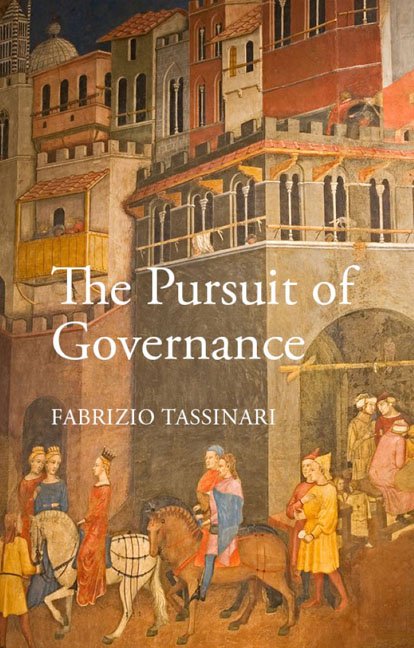Book contents
- Frontmatter
- Contents
- Dedication
- Acknowledgements
- Introduction: the pioneers
- 1 From Singapore to Sacramento: a method of governance
- 2 It takes an island: the sources of governance
- 3 The crystal curtain: a culture of governance
- 4 Hail to the mandarins: the scaffolding of governance
- 5 The good disorder: the limits to governance
- 6 A transnational world: the practice of governance
- Conclusion: the new middle way
- Notes
- References
- Index
5 - The good disorder: the limits to governance
Published online by Cambridge University Press: 09 January 2024
- Frontmatter
- Contents
- Dedication
- Acknowledgements
- Introduction: the pioneers
- 1 From Singapore to Sacramento: a method of governance
- 2 It takes an island: the sources of governance
- 3 The crystal curtain: a culture of governance
- 4 Hail to the mandarins: the scaffolding of governance
- 5 The good disorder: the limits to governance
- 6 A transnational world: the practice of governance
- Conclusion: the new middle way
- Notes
- References
- Index
Summary
The room is cramped, the air is stale, the nylon carpet dotted with coffee stains. The setting is the Bella Center, a clumsily named conference facility in the suburbs of Copenhagen. Outside it is a freezing December evening, and the 2009 United Nations summit on climate change is just about to spectacularly collapse. The gathering in that room was not even supposed to take place: with a snowstorm incoming, the Indian prime minister had already announced his departure for the airport. But there he still is, deep in conversation with the Chinese Premier, the Brazilian president and his South African counterpart. US president Barack Obama peeps in and pops an innocent, five-word question: “Are you ready for me?” There was no space at the table, recounts a reporter, so Brazil's president “squeezed round allowing Mr Obama to pull up a chair and sit down”.
“Copenhagen” has since become a byword for global discord. Whatever the five leaders talked about back in 2009, it did not save that most hyped and inconclusive of meetings from miserable failure. The summit, colloquially known as COP15, had effectively collapsed months before it even started, under the weight of irreconcilable differences between the North and South of the world.
Climate deniers had long been at work to disparage the urgency of an agreement on carbon emissions. If not in its substance, then certainly the form the summit took was reflective of a cynical stance: I, for one, had never seen so many gas-guzzling, armoured SUVs bulldozing through Copenhagen as in those two fateful weeks. Compounding a general sense of anarchy, surprisingly poor organization left delegates by the thousand freezing outside an overbooked conference centre. Stories of heads of state unrecognized by security guards and sent to the back of the entrance queue made the rounds on the internet. To top it all, the ultimate irony during a negotiation on rising temperatures: it was absurdly cold. In the midst of this mayhem, Obama's polite request to join that conversation with the other heads of government would appear a routine act of courtesy. In reality, it better serves as the unwitting formula of the new world disorder.
- Type
- Chapter
- Information
- The Pursuit of GovernanceNordic Dispatches on a New Middle Way, pp. 103 - 120Publisher: Agenda PublishingPrint publication year: 2021



